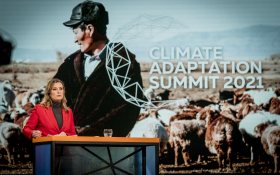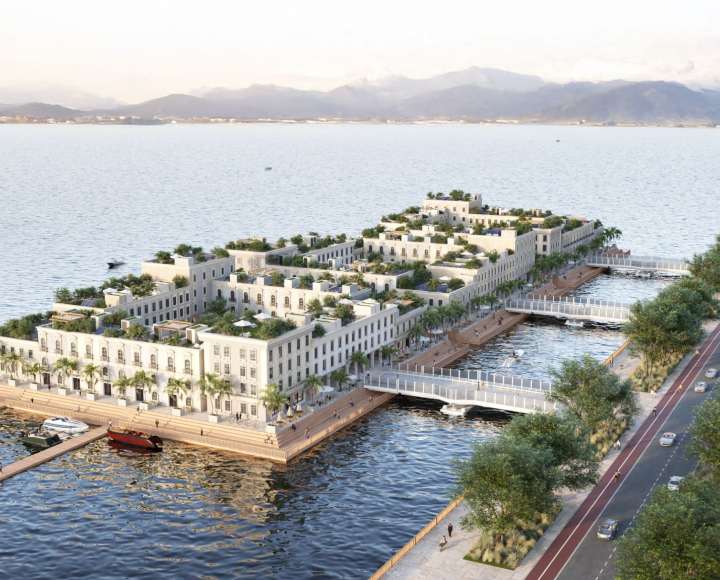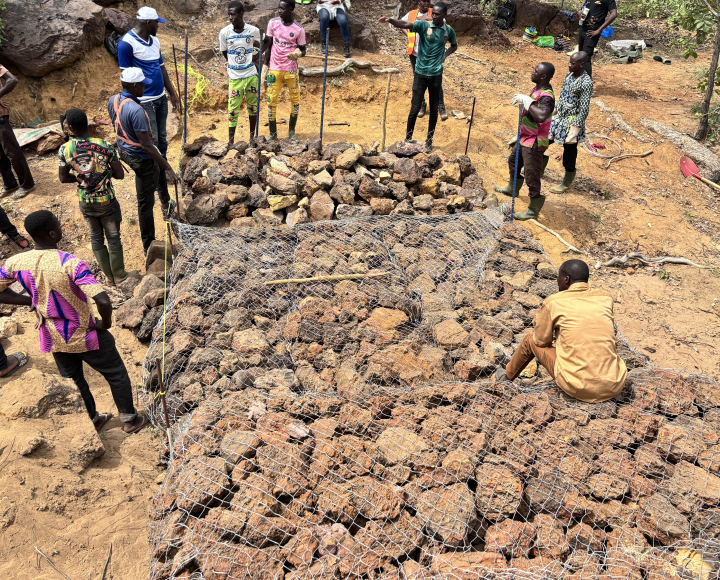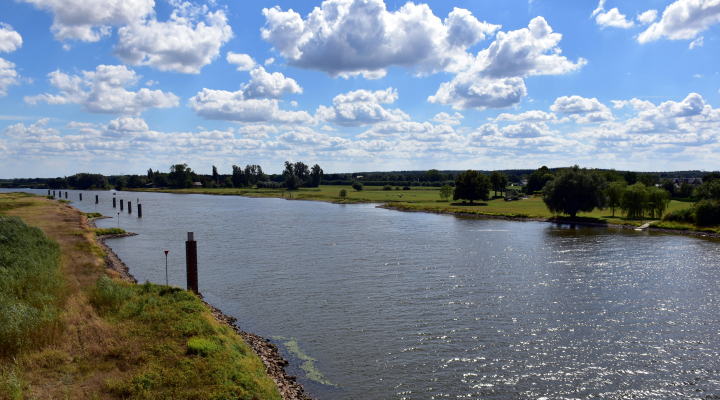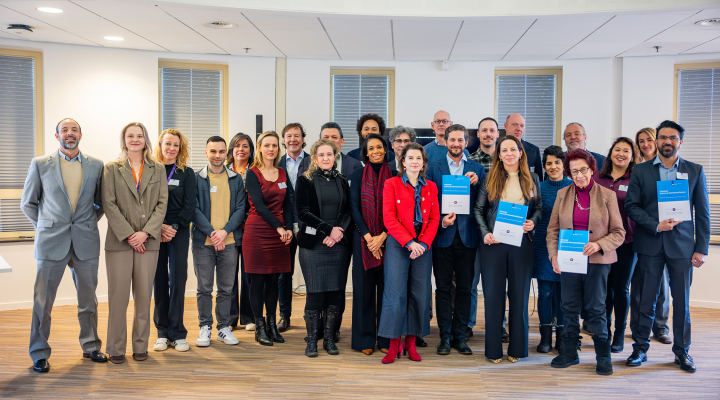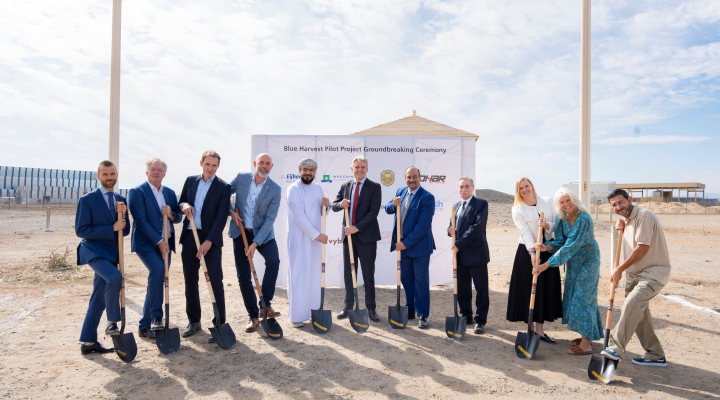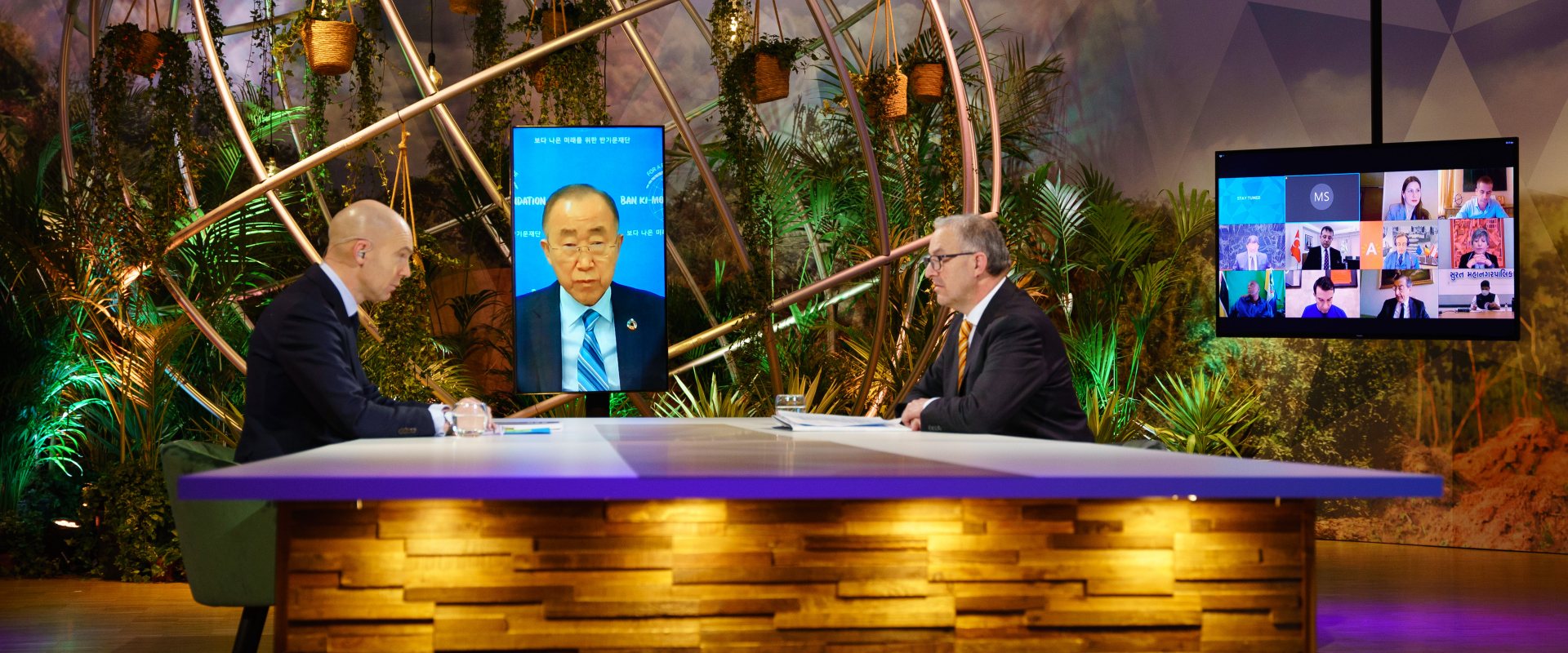
CAS 2021: Action agenda sets out for a more resilient world by 2030
‘Today is the kick off for global leadership driving a decade of transformation towards a climate-resilient world by 2030’, said the hosting Dutch minister Cora van Nieuwenhuizen on the outset of the Climate Adaptation Summit on 25 January.
The first day of the virtual summit saw many heads of states, ministers, bankers and leaders of global institutions that underlined the need for the world to take more preventive action to reduce the devastating effects of weather-related events such as floods, storms, droughts, heat waves and wildfires.
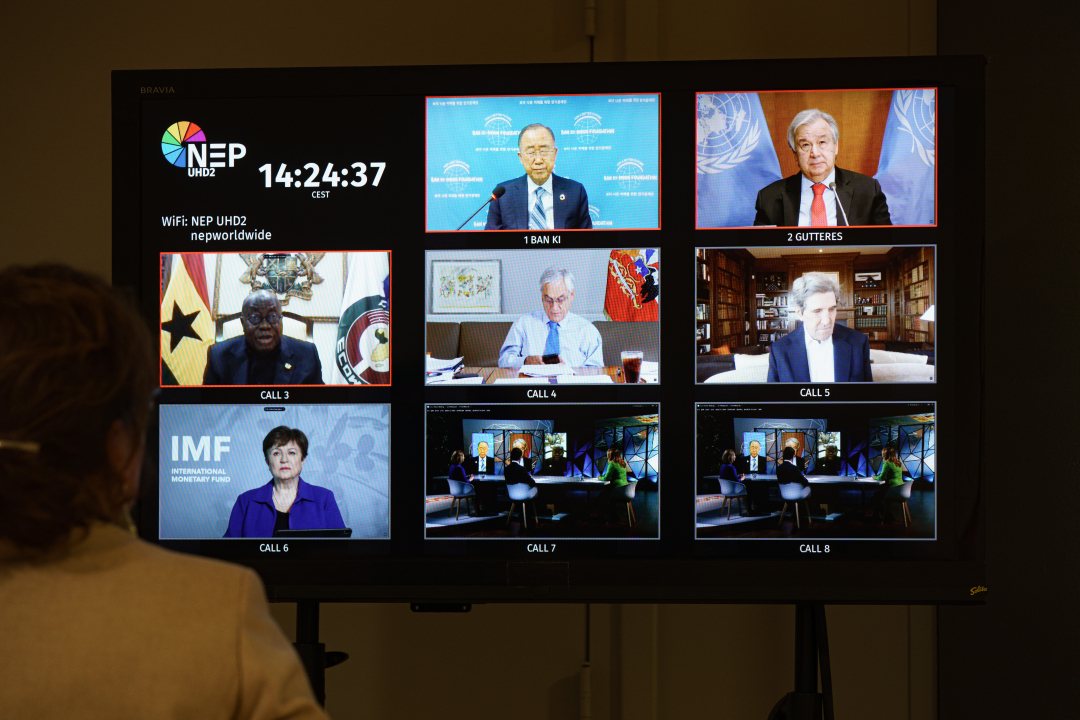

Common challenges, joint efforts
Dutch minister Van Nieuwenhuizen highlighted the Adaptation Action Agenda that has been published on the occasion of the summit. The agenda calls for more action, integration, innovation, finance and equity.
‘The agenda sets out on new practical endeavours and partnerships’, Van Nieuwenhuizen remarked. ‘Partnerships have always been essential to the Dutch approach and that is why we brought so many countries and organisations together here. So we can face our common challenges and boost adaptation together. The agenda is a guide for joint adaptation efforts.’
One such new coalition was announced by UK prime minister Boris Johnson. He announced the Adaptation Action Coalition, a group of leading nations, including Egypt, Bangladesh, Malawi, the Netherlands, and Saint Lucia, that will be working with the Race2Resilience initiative and the UN Climate Action team towards COP26 in Glasgow in November.


Prevention makes economic sense
Remarkable was the contribution by US special climate envoy John Kerry. He apologized for the absence of his country, but assured that ‘we will do everything in our power to make up for it’. He expressed the hope that the world will manage to curb the greenhouse gas emissions and drive towards a net-zero emission. The USA will try to achieve this goal no later than 2050, Kerry revealed. And he underlined the importance of this climate migration goal, in order to be able to achieve a resilient world by 2030.
‘There is simply no adapting to a 3 degree world except for the very rich and privileged’, Kerry said. ‘We will significantly increase the flow of finance including concessional finance to climate adaptation and resilience initiatives.
Kerry pointed out the economics of a more resilient world. ‘In the USA we spent 265 billion dollars in one year for three storms. Just for cleaning up after these storms. We reached the point where it is an absolute fact that it is cheaper to invest in preventing damage, or minimizing it at least, than cleaning up.’
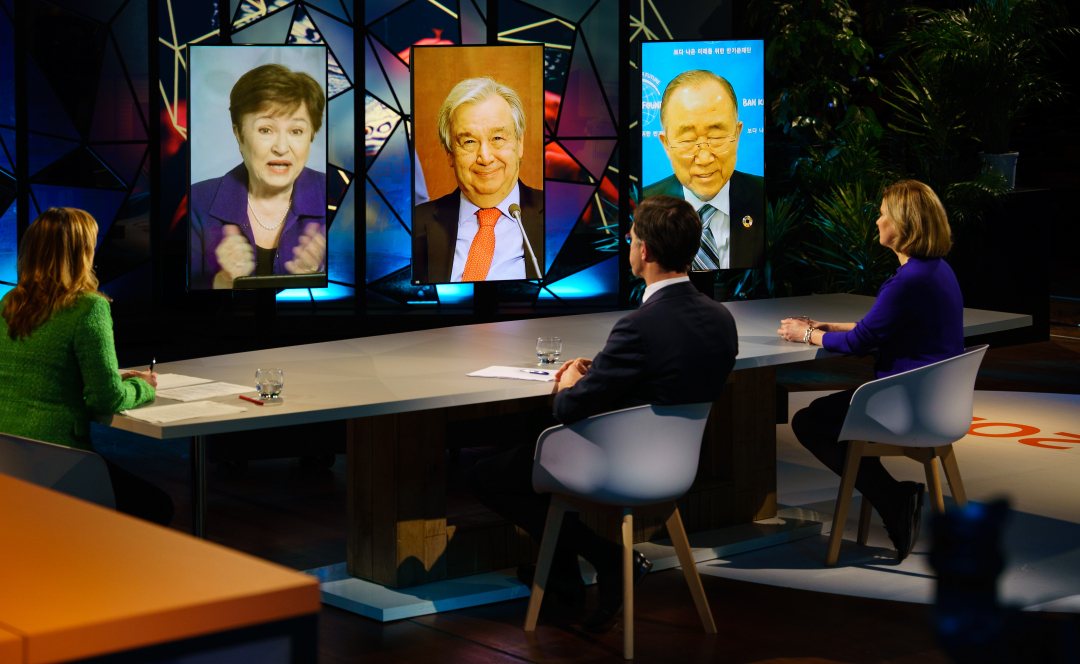

50-50 financing
The most tangible goal that was pledged by many of the world leaders at the summit was the 50/50 allocation of climate funding for the reduction on carbon emissions and for resiliency.
Ever since the Paris agreement five years ago, there has been a great emphasize in the climate funding on emission reduction. Many leaders advocated to spend more money on adaptation as well.
‘Support for adaptation and resilience is a moral, economic and social imperative’, said UN Secretary General António Guterres in his live statement. ‘Adaptation cannot be the neglected half of the climate equation. That is why I have called for 50 per cent of the total share of climate finance provided by all donors and multilateral development banks to be allocated to adaptation and resilience.’
New perspective of economic growth
Climate adaptation is often presented as a story of gloom and doom. It was remarkable to see that many leaders in their presentations picked up on the potential of climate adaptation to bring more prosperity to the world.
Many told about the economical constrains in regions that are often hit by floods or hurricanes. Or droughts that make cities run out of water and harvests to fail. Lifting those constrains, will boost the economies in these regions that often are in the frontline of climate disasters to which they hardly contributed in terms of carbon emissions.
Many leaders told that they have been inspired by the collective global action to halt the Covid-19 pandemic. The economic packages to recover from the pandemic hold a unique opportunity to invest in a more resilient world. To build back better, many said.




